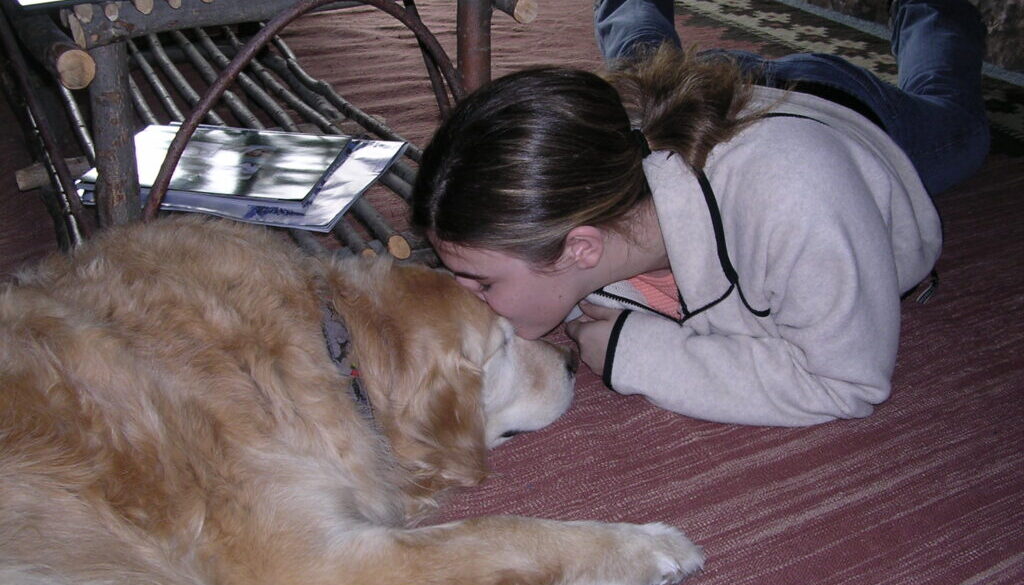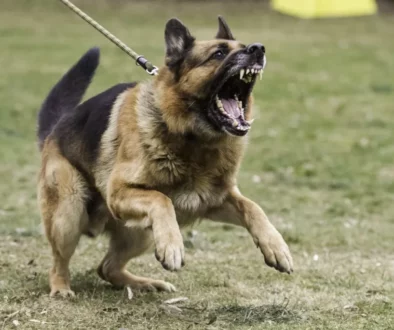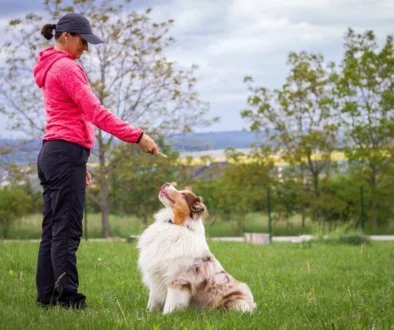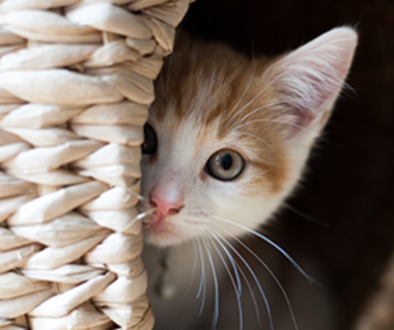Handling the Loss of a Pet Due to Terminal Illness
Pets hold a special place in our hearts, becoming beloved members of our families. When a pet is diagnosed with a terminal illness, it can be incredibly difficult to come to terms with the inevitable loss. Coping with the loss of a pet due to terminal illness can be a deeply emotional and challenging experience for pet owners. This article will guide you through the process of handling the loss of a pet due to terminal illness with compassion and understanding.
Losing a pet to a terminal illness can be a heartbreaking experience. It’s important to acknowledge the grief and pain that comes with saying goodbye to a cherished companion.
Understanding the Grief of Losing a Pet
Losing a pet is a deeply emotional experience that can bring about intense feelings of grief and sadness. Pets are often considered as part of the family, and their passing can leave a significant void in our lives. The bond between a pet and its owner is unique and special, built upon unconditional love, companionship, and loyalty.
When a pet passes away, it is normal to go through a grieving process similar to what one might experience when losing a close human companion. The stages of grief, including denial, anger, bargaining, depression, and acceptance, can manifest in various ways for different individuals. Some may feel overwhelming sadness and loneliness, while others may struggle with guilt or anger over the circumstances of their pet’s passing.
It is essential to give oneself permission to feel and process these emotions fully. Many people find comfort in sharing their feelings with friends and family members who understand the depth of their grief. Seeking support from those who have experienced pet loss themselves or joining a pet loss support group can also be beneficial in navigating through the grieving process.
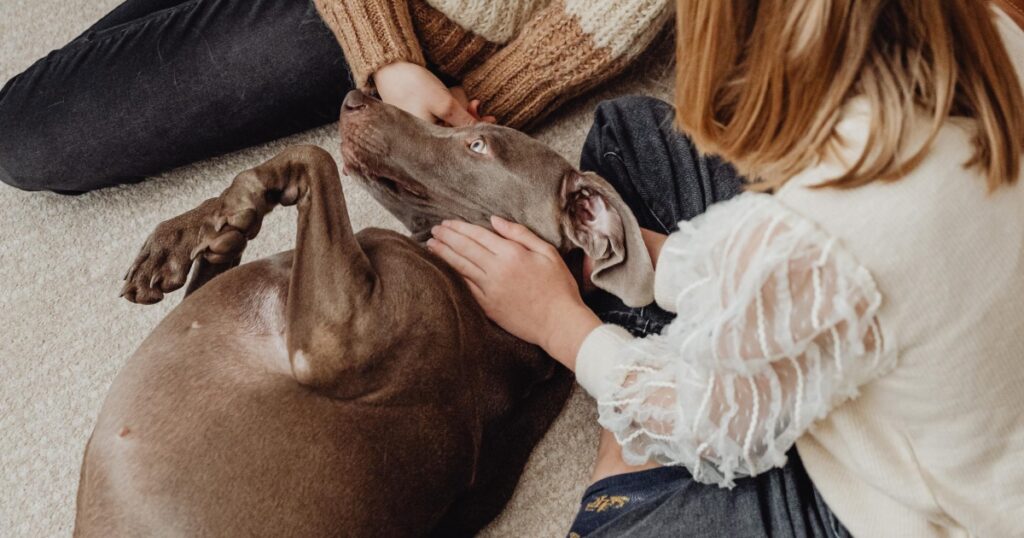
Recognizing Signs of Terminal Illness in Pets
Recognizing the signs of terminal illness in pets is essential for providing timely care and making informed decisions about their well-being. While it can be challenging to accept that our furry companions may be facing a serious health issue, being vigilant about changes in their behavior, appetite, and physical condition can help in early detection and intervention.
Some common signs of terminal illness in pets may include:
- Persistent lethargy and fatigue
- Decreased appetite or sudden weight loss
- Difficulty breathing or panting
- Changes in bathroom habits
- Unexplained wounds or sores that do not heal
- Vomiting or diarrhea lasting more than a day
- Seizures or difficulty standing or walking
If you notice any of these symptoms in your pet, it is crucial to consult with a veterinarian immediately for a proper diagnosis and treatment plan. Keep track of any changes in your pet’s health, no matter how subtle they may seem, as early detection can improve the prognosis and quality of life for your furry friend.
Making Difficult Decisions
Facing a pet’s terminal illness comes with challenging decisions about their care and quality of life. As pet owners, it’s essential to consider the best interests of our beloved companions and prioritize their comfort and well-being above all else.
When discussing treatment options with your veterinarian, consider asking questions about the expected outcomes, potential side effects of treatments, and the impact on your pet’s quality of life. It’s crucial to have an open and honest conversation with your vet about your pet’s prognosis and the available options for supportive care.
Ultimately, the decision to pursue aggressive treatment, palliative care, or humane euthanasia should be guided by your pet’s best interests and quality of life. Remember that it’s okay to seek a second opinion or consult with a veterinary specialist to explore all possible options and make an informed decision for your pet’s welfare.
Providing Comfort and Care during Illness
During a pet’s illness, providing comfort and care is essential to help them feel as comfortable and loved as possible. This may include:
- Creating a quiet and cozy space for your pet to rest
- Offering their favorite treats and toys to keep them engaged
- Administering medications as prescribed by your vet
- Maintaining a consistent routine to reduce stress and anxiety
- Spending quality time with your pet, offering gentle pets and cuddles
- Monitoring their symptoms and alerting your vet to any changes
- Providing a nutritious and balanced diet to support their overall health
Remember that your presence and love can bring immense comfort to your pet during this challenging time. Be patient, compassionate, and attentive to their needs, and seek guidance from your vet or a pet care professional for additional support and advice.

Saying Goodbye
Saying goodbye to a beloved pet is one of the most difficult and heartbreaking moments for any pet owner. Whether you have made the difficult decision to euthanize your pet or they have passed away naturally, the process of saying goodbye requires sensitivity, compassion, and love.
Create a peaceful and comfortable environment for your pet’s final moments, whether it’s at home or the veterinarian’s office. Consider holding a small farewell ceremony or ritual to honor your pet’s life and the bond you shared. Take the time to say your last words, express your love and gratitude, and hold them close as they pass on.
Dealing with Grief and Loss
The grief of losing a pet can be overwhelming and intense, often leaving a lasting impact on our emotional well-being. It’s crucial to allow yourself to grieve and process your emotions in a healthy way.
Acknowledge your feelings of sadness, loneliness, guilt, or anger, and seek support from friends, family members, or a therapist who understands the depth of your grief. Joining a pet loss support group or online community can provide a safe space to share your experiences and connect with others who are going through similar emotions.
Take care of yourself during this challenging time by engaging in self-care activities that bring you comfort and solace. Allow yourself to reminisce about the happy memories shared with your pet and find solace in knowing that they are at peace and free from suffering.
Honoring Your Pet’s Memory
Honoring your pet’s memory can be a deeply healing and comforting experience as you navigate through the grieving process. Consider creating a memorial or tribute to celebrate the life and legacy of your beloved companion.
Planting a tree, creating a photo album or scrapbook, or making a donation to a pet charity in your pet’s name are meaningful ways to honor their memory and keep their spirit alive. Share stories and memories of your pet with friends and family, allowing their presence to live on in your heart and in the hearts of those who knew and loved them.
Seeking Support and Counseling
If you find yourself struggling to cope with the loss of your pet, don’t hesitate to seek support and counseling from a therapist or grief counselor who specializes in pet loss. Talking to a professional who understands the unique bond between humans and animals can provide valuable guidance and emotional support during this challenging time.
Don’t be afraid to reach out for help and lean on your support system to navigate through the grieving process with love and compassion. Remember that it’s okay to feel deeply and mourn the loss of your pet in your own way and at your own pace.
Coping Strategies
Finding healthy coping strategies is essential in managing grief and navigating through the loss of a beloved pet. Consider incorporating the following coping strategies into your daily routine:
- Engage in physical exercise or outdoor activities to release stress and tension.
- Express your feelings through writing, art, or music as a form of self-expression and catharsis.
- Practice mindfulness and meditation to stay present and grounded in the moment.
- Connect with others who have experienced pet loss for understanding and support.
- Take breaks when needed and allow yourself time to rest and heal.
- Remember to honor your pet’s memory and cherish the love and joy they brought into your life.
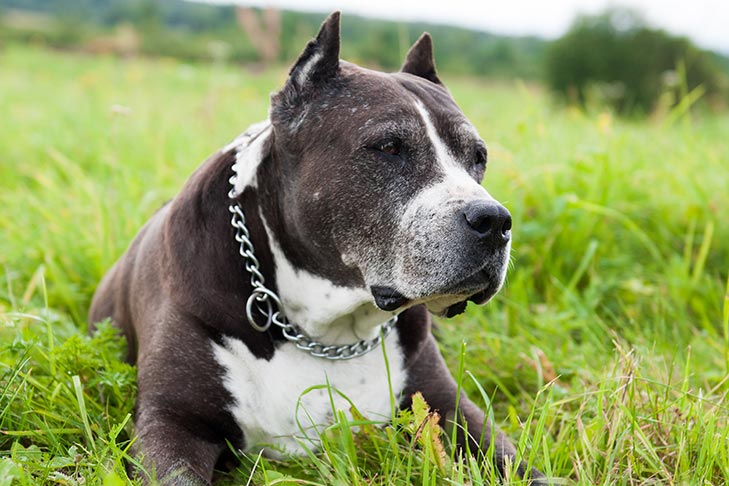
Moving Forward
While the pain of losing a pet may never fully go away, it’s important to find ways to move forward and find joy in life again. Remember that it’s okay to feel happy and cherish the memories of your pet.
Helping Children Understand and Cope
If you have children, it’s essential to help them understand and cope with the loss of a pet. Be honest with them about what has happened and encourage them to express their feelings.
Memorializing Your Pet
Creating a memorial for your pet can be a meaningful way to keep their memory alive. Consider making a scrapbook, framing a favorite photo, or creating a special keepsake in their honor.
Taking Care of Yourself During the Grieving Process
Don’t forget to take care of yourself during the grieving process. Make sure to eat well, get enough sleep, and engage in self-care activities that bring you comfort.
Conclusion
Losing a beloved pet to a terminal illness is a heart-wrenching experience that can leave a profound void in our lives. The bond between a pet and its owner is one of unconditional love, companionship, and joy, making the loss even more significant and impactful. As pet owners, it is essential to acknowledge and honor the depth of our grief, allowing ourselves to mourn, seek support, and cherish the memories of our furry companions.
Navigating the journey of pet loss requires patience, compassion, and self-care. By giving ourselves permission to grieve, expressing our emotions openly, and seeking support from loved ones or a professional counselor, we can begin the healing process and find solace in the midst of our sorrow. Honoring our pet’s memory through meaningful tributes, rituals, or acts of kindness can help keep their spirit alive in our hearts and minds.
Remember that it’s okay to feel deeply, to mourn the loss of a pet, and to seek comfort and support as needed. The journey of healing from pet loss is unique to each individual, and it’s essential to give ourselves time and space to navigate through our emotions with love and compassion. By honoring our pet’s memory and cherishing the love they brought into our lives, we can find solace and healing in the midst of our grief.
Also Read:
